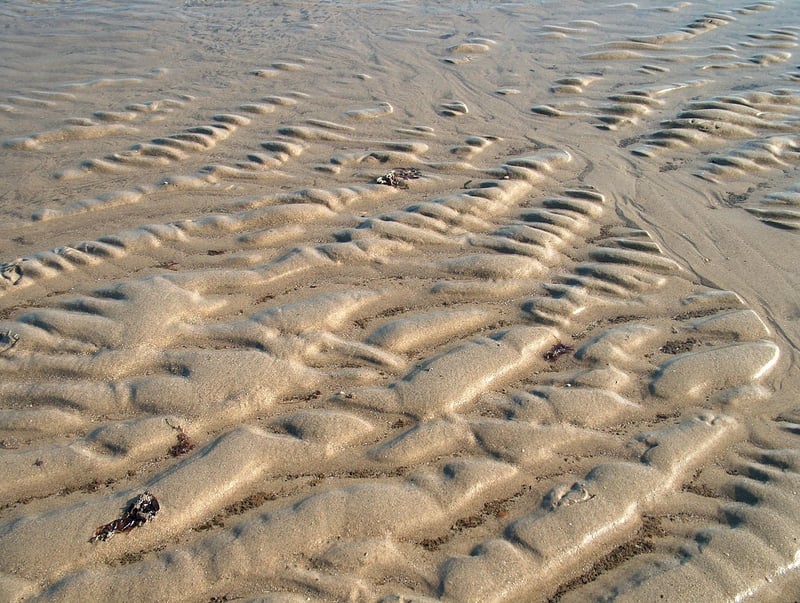Future Worlds
Exploring Different Time Periods and Future Worlds
Introduction
Time travel has always been a fascinating concept, allowing us to explore different time periods and imagine future worlds. Whether it's diving into the past to witness historical events or projecting ourselves into the future to see what it might hold, the idea of traversing time captures our imagination and curiosity.
Exploring the Past
Traveling back in time opens up a world of possibilities. From ancient civilizations like Egypt and Rome to pivotal moments in history like the Renaissance or Industrial Revolution, each era offers a unique glimpse into the past. By immersing ourselves in different time periods, we can gain a deeper understanding of how societies evolved and how past decisions continue to shape our present.

Imagining the Future
On the flip side, envisioning future worlds pushes the boundaries of our creativity. From dystopian landscapes to advanced technological societies, the possibilities are endless. By contemplating what the future might hold, we can explore potential outcomes of current trends and technologies, prompting us to consider the impact of our actions today on tomorrow's world.

Time Travel in Literature and Media
Time travel has long been a popular theme in literature and media. From H.G. Wells' classic novel "The Time Machine" to blockbuster movies like "Back to the Future" and "Interstellar," the concept of traversing time has captivated audiences worldwide. These stories not only entertain but also provoke thought about the nature of time, causality, and the consequences of altering the past or future.
Conclusion
Exploring different time periods and future worlds allows us to broaden our perspectives, learn from the past, and speculate about what lies ahead. Whether through historical research, creative storytelling, or scientific speculation, the concept of time travel continues to inspire us to imagine the possibilities beyond our present reality.
